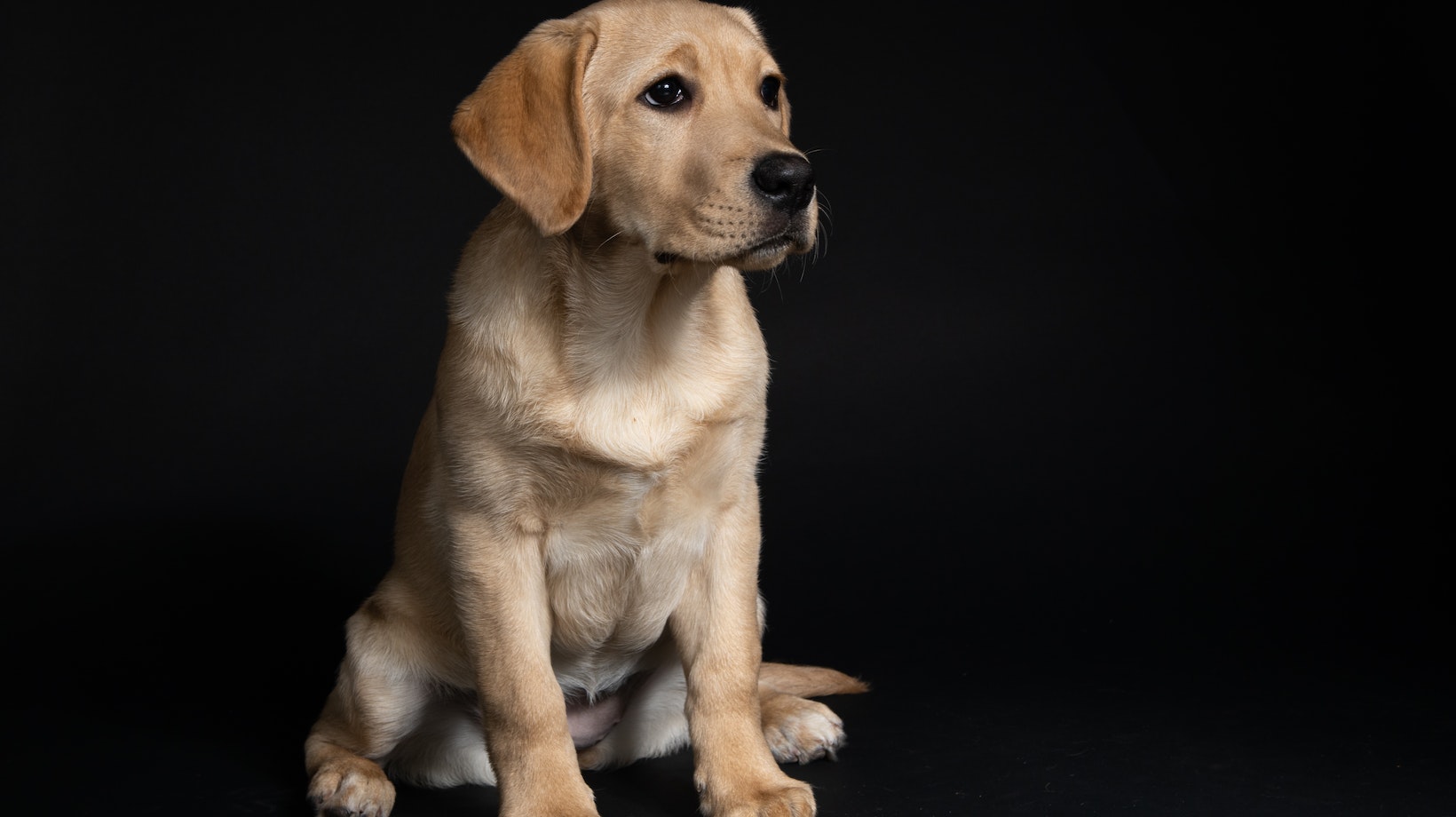How do You Get a Puppy to Stop Biting you
One effective method is redirecting their attention. Whenever your Labrador puppy starts nipping or chewing on you, calmly remove your hand and offer them a suitable chew toy or bone instead. This helps redirect their focus onto an acceptable object for chewing while discouraging them from biting you.
Consistency is key when training your Labrador puppy not to bite. Establish clear boundaries and consistently reinforce positive behavior. Reward them with praise or treats when they choose not to bite and show gentle manners.
Understanding the Biting Behavior in Puppies
One of the primary reasons why puppies bite is because they are going through the teething stage. Similar to human babies, puppies also experience discomfort and itching as their baby teeth start to fall out and adult teeth come in. During this phase, biting helps alleviate their discomfort by providing relief to their sore gums. It’s important for puppy owners to understand that this behavior is natural and temporary.
To address teething-related biting, it’s crucial to provide appropriate chew toys for your puppy. Look for sturdy toys specifically designed for teething puppies, such as rubber or nylon toys. These toys can help soothe their gums while diverting their attention away from nibbling on your hands or furniture.
Redirecting biting behavior
When dealing with a puppy who tends to bite, it’s essential to redirect their focus onto more appropriate objects rather than punishing them. One effective technique is to use positive redirection by offering an alternative item that they are allowed to chew on instead.
For instance, if your Labrador puppy starts nipping at your fingers during playtime, immediately stop the interaction and replace your hand with a chew toy or bone that they can safely gnaw on. This teaches them what is acceptable to bite and helps reinforce good behavior.

Positive reinforcement training techniques
Training sessions based on positive reinforcement can significantly help curb biting behaviors in puppies. Reward-based training methods involve rewarding desirable actions instead of focusing solely on punishment.
When teaching your Labrador pup not to bite, be consistent in using verbal praise, treats, or affection whenever they exhibit gentle mouthing or refrain from nibbling altogether. By reinforcing these positive behaviors consistently over time, you can effectively communicate what is expected from them without resorting to harsh disciplinary measures.
Creating a Safe and Comfortable Environment for Your Labrador Puppy
- Designate a designated space: Set up a specific area in your home where your Labrador puppy can feel secure and have their own personal space. This could be a cozy corner in the living room or a crate with soft bedding. Make sure this area is free from any potential hazards such as electrical cords or toxic plants.
- Puppy-proof the surroundings: Labradors are curious creatures, so take the time to puppy-proof your home by removing any items that could pose a risk of choking or harm. Secure loose cables, store chemicals out of reach, and keep valuable objects safely tucked away.
- Provide appropriate toys: Labradors have strong jaws and love to chew, especially during their teething phase. To prevent them from nibbling on furniture or other inappropriate items, offer a variety of chew toys specifically designed for puppies. Opt for sturdy toys made of rubber or nylon that can withstand their chewing habits.
- Establish consistent routines: Dogs thrive on routine, so establishing regular feeding times, potty breaks, exercise sessions, and sleep schedules will help them feel secure and reduce anxiety. Consistency is key when it comes to training and creating good habits in Labradors.
- Create opportunities for socialization: Socializing your Labrador puppy from an early age is crucial for their overall well-being. Introduce them gradually to different people, animals, sounds, and environments while ensuring positive experiences through treats, praise, and gentle encouragement.
Remember, creating a safe and comfortable environment is the foundation for raising a well-adjusted Labrador puppy. By implementing these tips, you’ll be setting your furry friend up for a happy and healthy life in their new home.